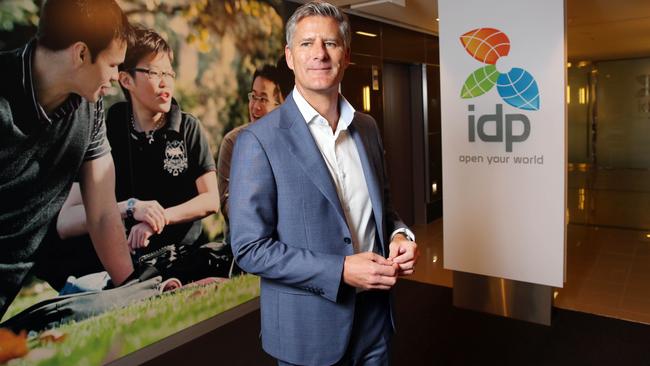
Still, that’s a step up from the $6.8bn in debt when the company went under in April thanks to asset sales and voided contracts.
Having won the prize Murphy changed management, having more faith that the Bain alumna with plenty of airline experience, Jayne Hrdlicka, would handle the relaunch better.
The big test is winning customer loyalty, which is not part of the private equity playbook.
Hrdlicka started her career at Bain in the US, and given her experience running Jetstar it wasn’t a huge surprise she landed the top job at Virgin.
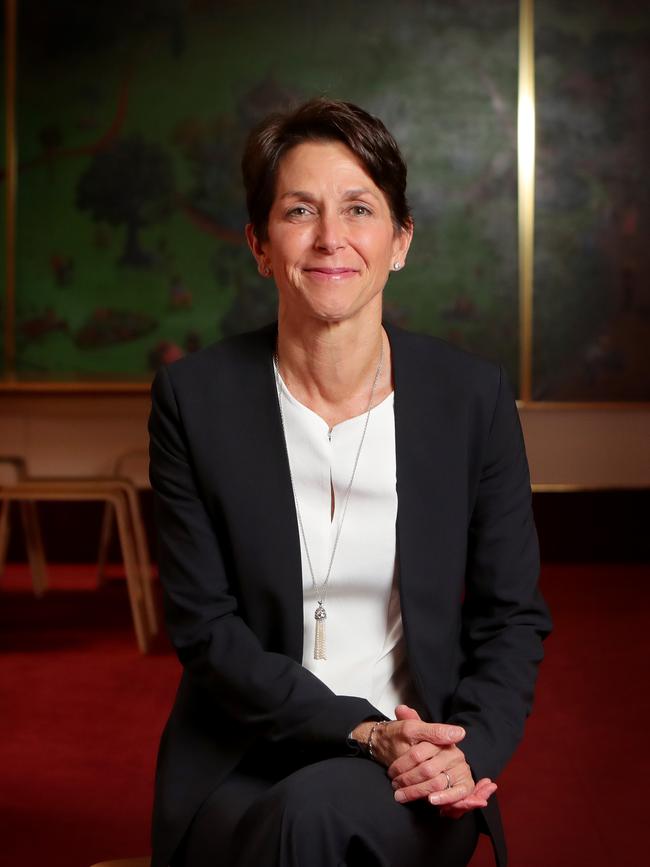
Forget the talk about fights over strategy — the reality from the beginning was Bain thought Hrdlicka was the best person for the job. No surprise that Bain Australia boss Murphy liked Hrdlicka because she hired him to join Bain from Bond University in 2002.
Scurrah will leave well remunerated for his nearly two years at Virgin, but the so-called hybrid strategy remains, which is how Brett Godfrey left the business in 2010 and is what the outgoing boss also wanted.
Hybrid means a low cost base but extra service than you might expect on a Jetstar plane, so you get a corporate lounge but not the chairman’s club.
Bain provides support for Chief Executive Women in Australia, helping with its annual census, so Hrdlicka’s elevation to the position is a handy boost to the cause.
The move will probably mean she will step aside from her recent appointment as a director of Hawaiian Airlines but the Tennis Australia position will stay because it is a handy marketing role for Virgin.
University cash cow
IDP Australia has proved a handy cash cow for many investors and indeed its present chief, Andrew Barkla, who picked up $38m in pay last year, including share sales.
The 40 per cent owner is a company comprising 38 Australian universities, and being somewhat short of cash, they want to raise some money.
At yesterday’s close the company was worth $5.3bn, which means if the universities can match this price they collect $56m each, which is better than a kick in the teeth.
Flagstaff was hired to maximise the exit price, which will come either by a straight share sale or maybe a walk-up start to a bid for the company.
IDP provides a placement service for international students into Australian universities. It also and runs the Cambridge-based IELTS English language testing program.
Earnings before interest and tax last year rose 11 per cent to $107.8m on $480m in revenues and at yesterday’s close of $19.01 a share the stock is valued at $5.6bn.
The 40 per cent-owned university-backed company started life in 1969 as the Australian Asian Universities Co-op.
It went public in 2015 when the then 50 per cent owner Seek wanted out.
Seek invested $36m to buy 50 per cent in 2006 and collected $331.6m on exit nine years later, but if it had waited another five years could have added another $2.4bn to its kitty.
Seek has moved into the education space but didn’t bother integrating IDP, which was kept as a separate investment.
Even the greats miss some opportunities.
Regulator reduced
The ACCC will have to provide a formal response to Communication Minister Paul Fletcher’s statement of expectations lodged with the regulator this week.
The statement made clear Fletcher wants better lines of communication between the government and the ACCC on telecoms issues, with more warning on coming decisions, and it is also keen on the ACCC applying a more formal building-block approach to regulation.
The demands were lodged with the ACCC earlier this week and it has three months to respond.
The statement, with specific, detailed requests, borders on government directions to the ACCC, which tramps all over its rights as an independent regulator and diminishes its authority.
Just how much notice the ACCC will take remains to be seen and while the response will be diplomatic there is a fine line between statutory independence and blatant government directions.
Farm Minister David Littleproud stepped across the line with his highly political reference on supermarket supply chains two months ago, underlining this government’s approach to statutory independence.
The way the big telcos see the world the government-owned monopoly NBN is only lightly regulated and there are more controls on Telstra and Optus than the NBN.
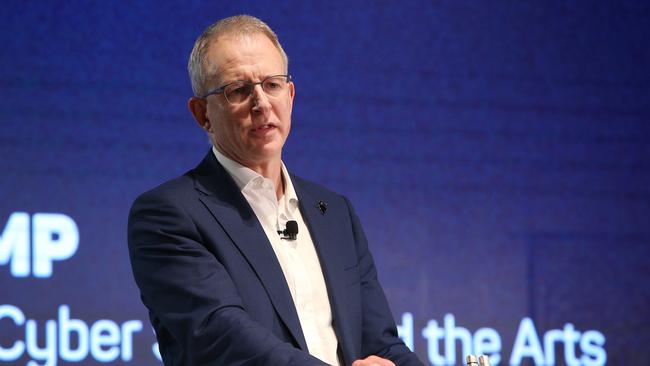
Fletcher has formal responsibility for two parts of the competition law, so the statement of expectation is well within his rights, but still it is rare for a minister to provide specific details in his recommendations to the ACCC.
The federal treasurer periodically delivers a statement of expectations to the ACCC but this is more general in nature and comes only at times like a change in government or treasurer.
Fletcher, a senior Optus executive with responsibility for regulatory affairs before entering parliament, acknowledges the importance of the ACCC’s independence.
He is also well aware of the inherent conflicts in the government owning the NBN, which is the critical monopoly infrastructure provider for the industry.
The ACCC has concentrated its efforts with the NBN on low speeds of 12Mbps download speeds and 1Mbps upload even though most users are on a much higher service.
Its attitude is the basic service equates to the service delivered pre-NBN and as it was imposed on users it made sense to concentrate at the basic level, with those wanting higher speeds responsible for their own decisions.
The ACCC is also pushing for rebates on poor service delivery.
The retail providers led by Telstra and Optus are keen for the ACCC to regulate higher speeds, particularly the so-called CVC charge which varies with demands.
The retailers claim the NBN charges are too high and want the ACCC to step in to help.
Fletcher’s demands
In regulating infrastructure assets the ACCC tends to use a building block approach, adding up costs then setting a reasonable rate of return.
This couldn’t be applied to the NBN before now because it wasn’t built, but Rod Sims is now building an NBN model.
The NBN regulation originally only applied to fibre to the premises, which was the original plan, but has not operated under the government’s multi-technology strategy.
Now the rollout is complete the government has reverted to a fibre-to-the-kerb model.
In his letter to the ACCC, Fletcher said: “In developing an agreed SAU (special access undertaking) variation with NBN Co, the ACCC could have regard to the Vertigan Panel’s Recommendation 19 that the ACCC should use a ‘building block’ cost model.
“I expect the ACCC will inform me prior to any significant regulation or intervention in the telecommunications markets.
“I also expect the ACCC to provide me with sufficient advance notice in relation to major announcements, public submissions, media releases and major speeches relevant to my portfolio responsibilities.”



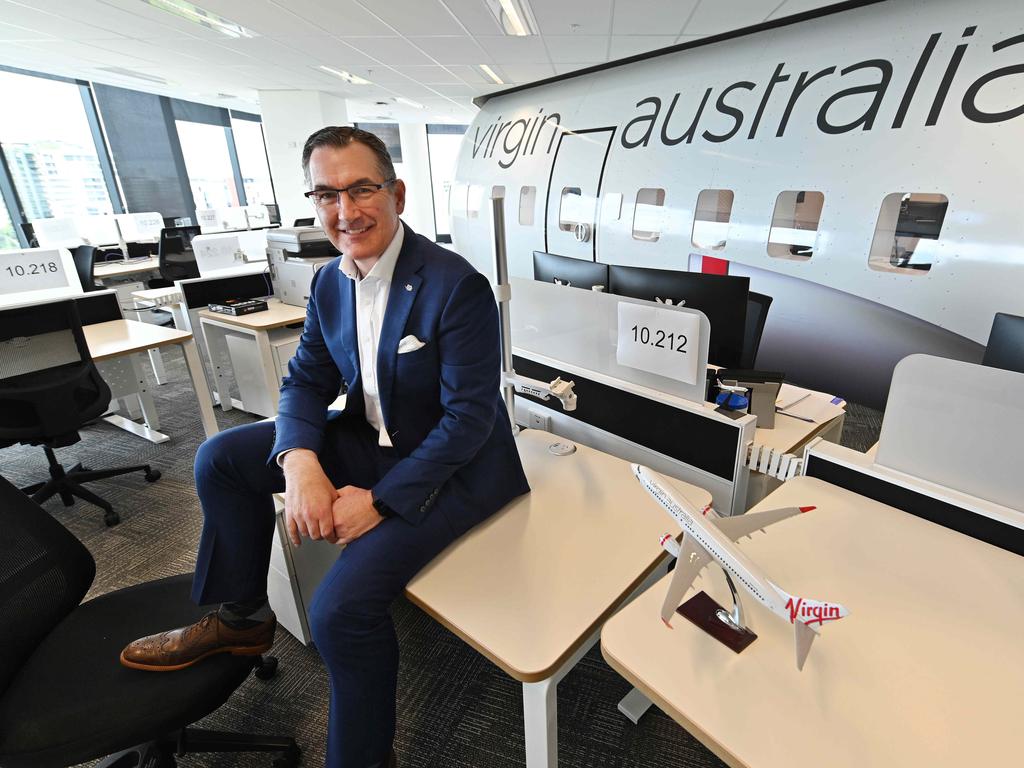
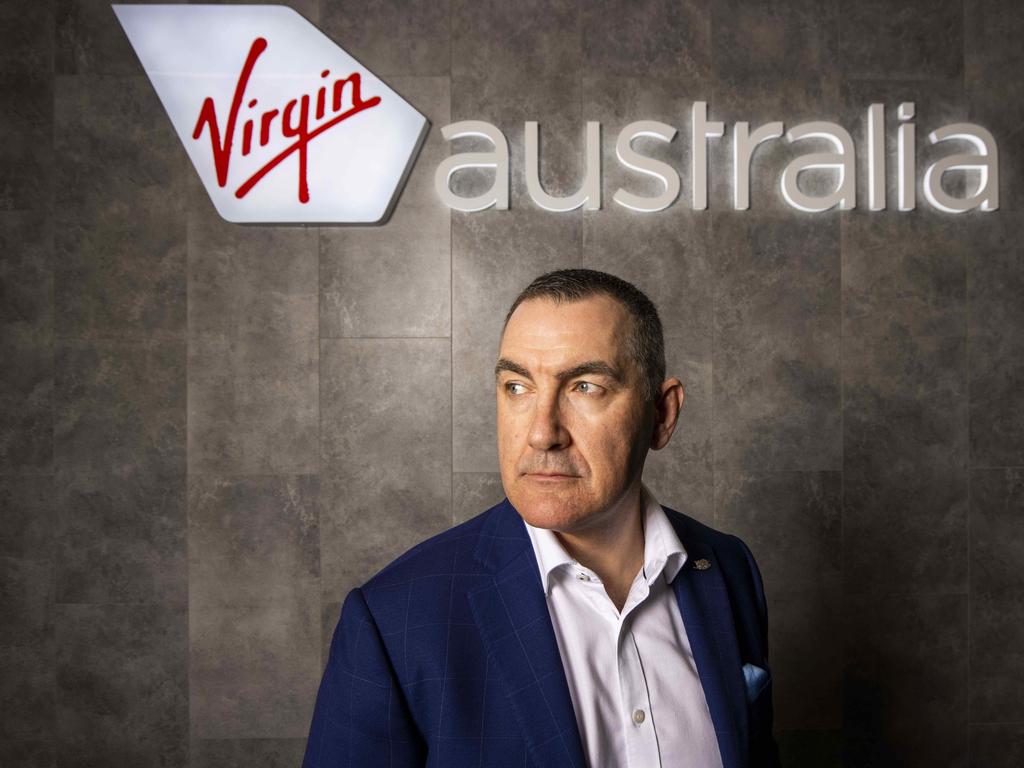
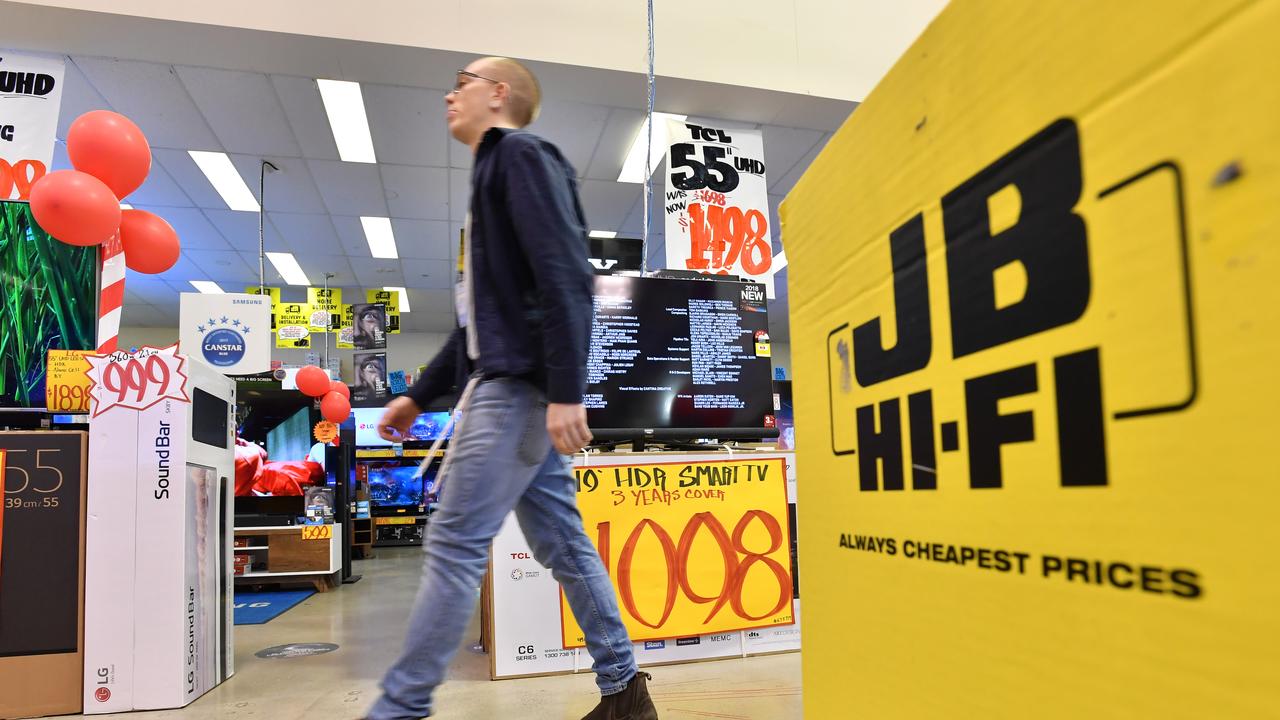
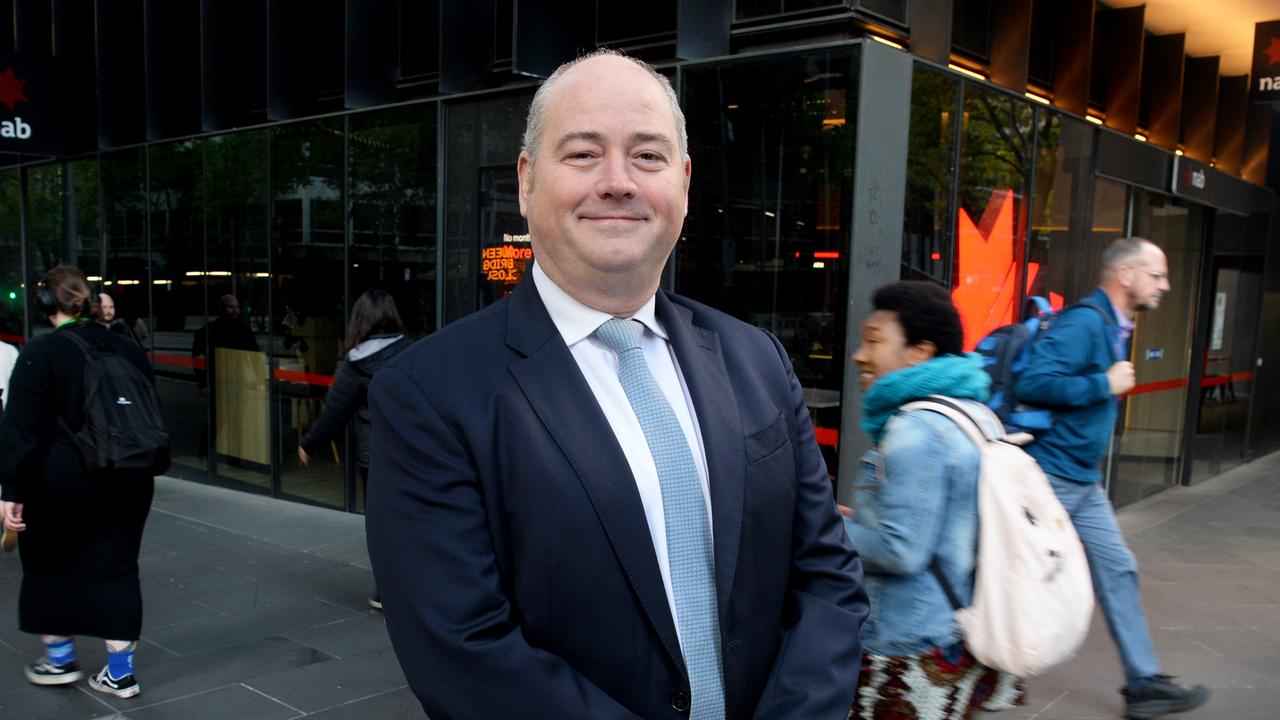
Bain’s management of the Virgin takeover is straight out of the private equity textbook, with $700m in equity invested and liabilities to take the “cost” up to $3.5bn. The missing $2.8bn is assumed liabilities which Bain is responsible for but not actually cold hard cash from Mike Murphy’s wallet.